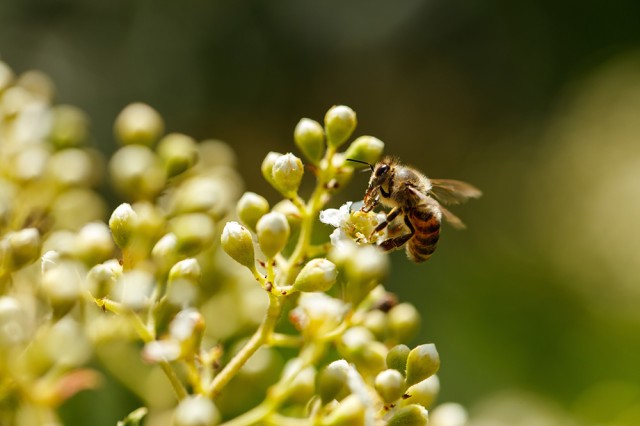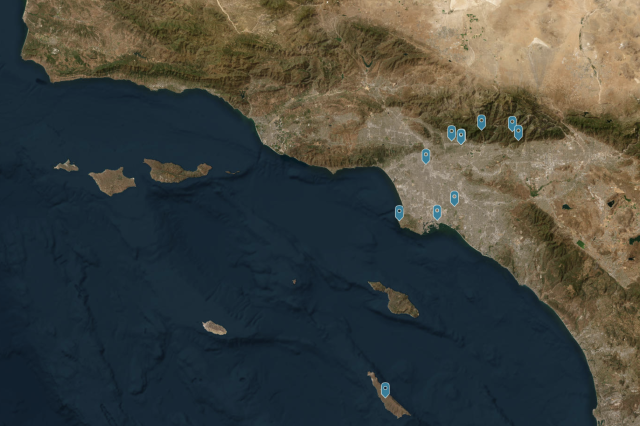
story
Garden Guests: Planting to Attract Pollinators
These native SoCal plants will bring plenty of pollinating visitors to your place.
To mark this year’s Earth Month, we’re showcasing the amazing work museum and community scientists have created—videos and stories that celebrate our planet and share how we can make a difference.

City Nature Challenge
Ahead of the 10th anniversary of the landmark event, discover some of the remarkable creatures community scientists have observed in L.A. County.

Green Screen: Our Planet on Film
On April 24, PBS SoCal screens SOCAL SNOWY OWL and an episode from its acclaimed “EARTH FOCUS” documentary series.
As residents of Earth, we face daunting human-made problems, and solutions have to come from all of us. Learn from our experts how to build an edible garden, dig into compost, and fashion a green space that’s a magnet for pollinators.
Pull up to discover biodiversity through community science. Explore how paleontology from the age of dinosaurs can help shape our ecological future, how your garden can protect pollinators, and how your smartphone can help scientists make new discoveries through City Nature Challenge, the global four-day biodiversity event, co-founded by NHM, that kicks off April 25.
Explore how our groundbreaking research and vast collections documenting Earth’s history over millions of years support our commitment to inspire stewardship of our natural world. Whether through fossil digs, bug hunts, or ocean dives, NHMLAC is uniquely situated to gather, study, and share new knowledge about our changing environment.
Our scientists work with these organizations who are committed to stewardship, conservation, and sharing knowledge about our world.
iNaturalist
Marine Mammal Stranding Network
Nature for All
Project Phoenix
Theodore Payne Foundation
Xerxes Society for Invertebrate Conservation